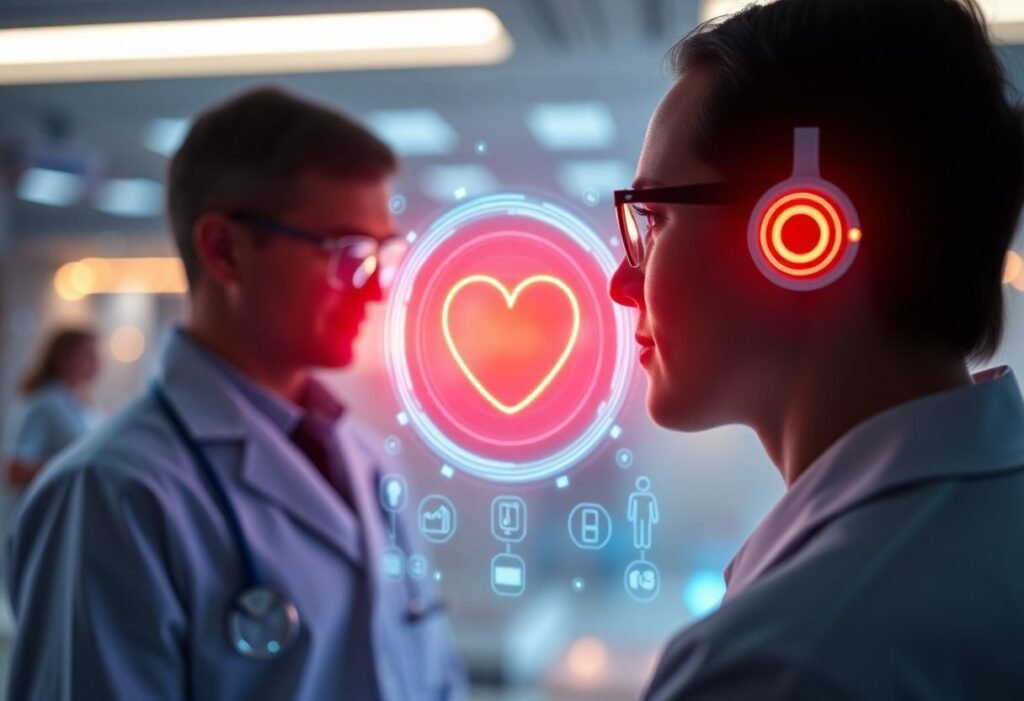The Internet of Things (IoT) has been a pivotal force in transforming personal health monitoring, pushing the boundaries of innovation. As technology continues to evolve, the integration of IoT in healthcare becomes increasingly critical, providing new ways to enhance patient care, promote preventative measures, and streamline health data management.
The Rise of Smart Health Devices
Smart health devices, powered by IoT technology, are becoming ubiquitous in the healthcare landscape. These devices, ranging from wearable fitness trackers to sophisticated health monitors, allow individuals to track their vitals in real time. The ability to seamlessly collect and transmit data to healthcare professionals enhances patient engagement and allows for timely interventions. As innovation in this field continues, we can expect to see even more advanced devices that offer a plethora of health metrics, paving the way for a more proactive approach to personal health.
Data Security in Health Monitoring
As health monitoring becomes increasingly connected, data security is paramount. The integration of IoT in personal health comes with the challenge of ensuring that sensitive information about individuals remains protected. Innovations such as blockchain technology are being explored to secure health data transmission, providing a decentralized approach to data management. Ongoing advancements in cybersecurity will play a crucial role in building trust between patients and providers, enabling the wider adoption of IoT devices in healthcare.
Remote Patient Monitoring Revolution
Remote patient monitoring has emerged as a significant innovation in healthcare, especially in light of a global pandemic that necessitated social distancing. IoT devices facilitate continuous monitoring of patients from the comfort of their homes, ensuring that healthcare providers can adjust treatment plans based on real-time data. This innovation not only improves access to healthcare but also reduces hospital readmission rates, demonstrating the tangible benefits of IoT technology in personal health.
Big Data and Predictive Analytics
The convergence of IoT and big data analytics is transforming how personal health data is interpreted. By harnessing vast amounts of data generated by connected devices, healthcare providers can identify trends and make informed decisions. Predictive analytics powered by machine learning enables the customization of health plans tailored to individual needs. This innovative approach empowers patients to take control of their health by providing insights that were previously unattainable, leading to improved patient outcomes.
Integration with Telehealth Services
The integration of IoT with telehealth services has opened new avenues for patient care. With the ability to collect data remotely, healthcare professionals can conduct virtual consultations more effectively. Patients can easily share their biometric data through connected devices, allowing for thorough assessments without the need for in-person visits. As this sector grows, telehealth powered by IoT innovations will transform how healthcare is delivered, making it more efficient and accessible.
The Future of Personalized Healthcare
The future of IoT in personal health monitoring points towards a more personalized healthcare experience. With ongoing innovations, we can expect devices that not only monitor but also predict health issues based on individual patterns. As technology continues to advance, the integration of artificial intelligence into IoT devices will enhance their capabilities, creating a future where personalized healthcare is the norm, empowering individuals to manage their health with unprecedented precision.





















